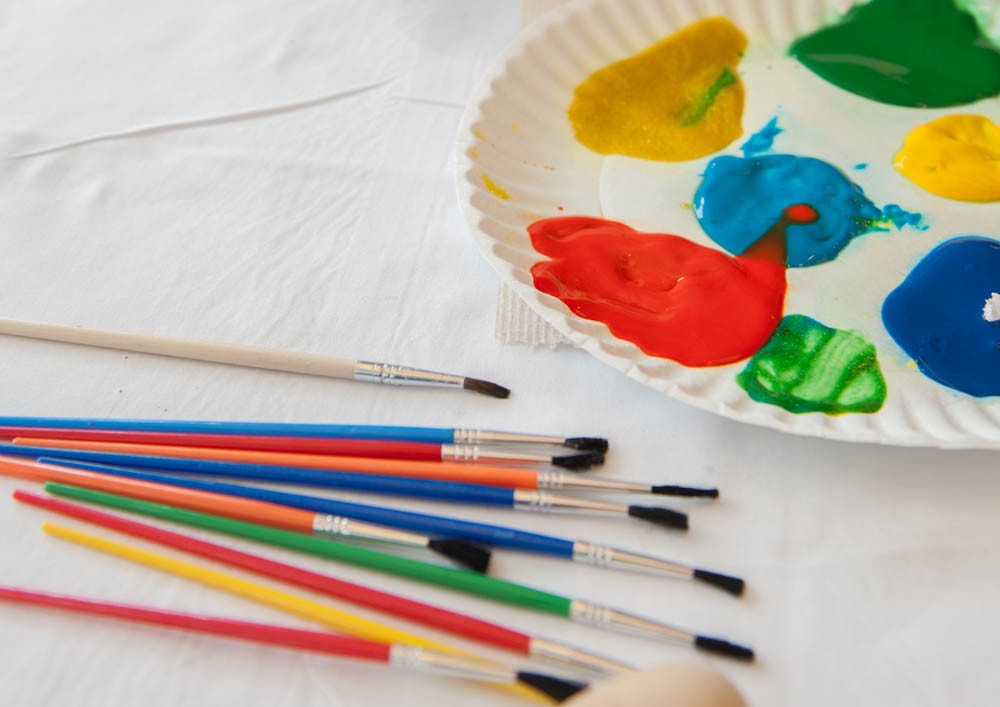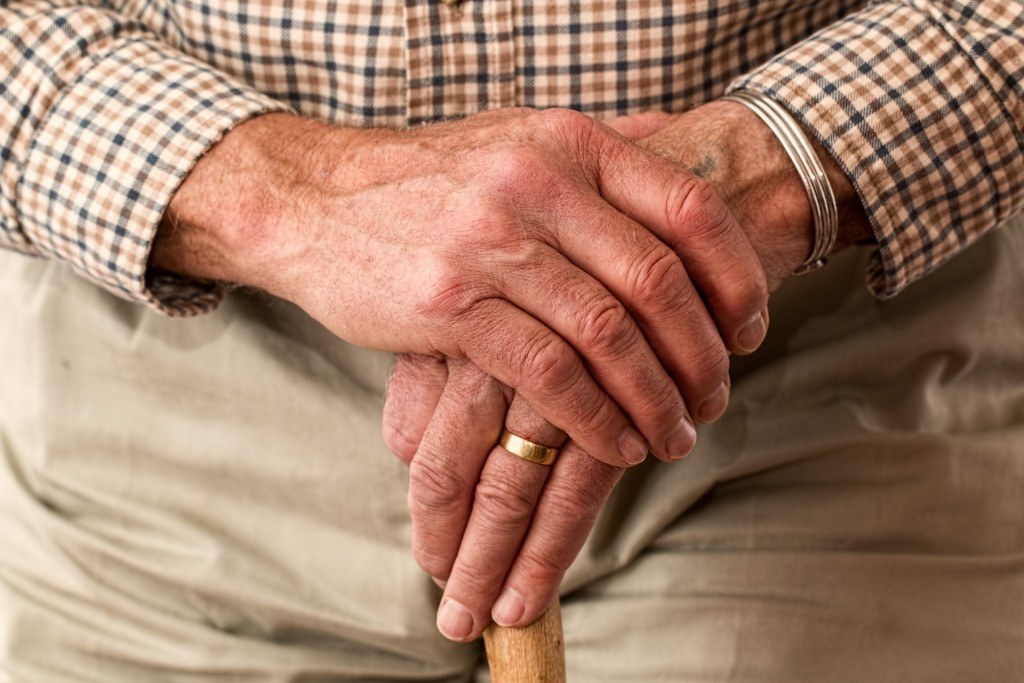With more people living longer than ever with chronic or serious illnesses, grandparents with cancer are a rapidly growing group. Here are some tips for how children of almost any age can support a grandmother or grandfather facing cancer.
If it has been sometime since you saw your grandparent or the treatment has changed their appearance suddenly, ask them to send you a picture before you see them. It might help you adjust to the change. You can also seek support from a parent about any changes, so you will be more aware of them — and better able to engage with your grandparent without the distraction of how they look different.
Think about what you did with your grandparent before, and come up with related things so fit their new situation. If you used to go to the movies, maybe you can watch them on TV; if you used to go to art museums, you can bring over art books to look at together.
Even though your grandparent was previously in the role of caring for you most of the time, don’t be afraid to ask them how they are feeling. If you’re not sure what to say, try it out on your parents first.
Give your grandparent choices of things to do with you that they can adapt based on what they feel capable of doing that day. For instance, ask “Are you up for going to a movie with me today, or would you rather watch one on TV?”
If you can’t be with them regularly, schedule a routine, or predictable time each week or two to communicate. This will give them something to look forward to and time to prepare. Call, Skype, or use whatever technology they feel comfortable with – at a time that works best for them.
Bring or send them cards, pictures you’ve drawn, or photos of something you did or made. Send a video of you playing with your dog or shooting baskets; they will love it.

Don’t worry alone. There are going to be changes and things that are different, and you shouldn’t be afraid to discuss them with your grandparents. If you are nervous about bringing up something, ask a parent it first.
Discuss things you used to do together, and show your grandparent related pictures. If they are having trouble with memory due to treatment, these visual aids – in person or remotely – can help spur recollections.
Read a book to them. If they like jokes, make it a joke book, or try a book about when a grandparent has cancer. You’ll both know why you’re reading the book, and you can talk about the characters and how their situation is similar or different from yours. This can be a good starting point for a larger discussion.
Ask what crafts that they might like to do, and set up a big open space to do them in.
And importantly: Realize that even if you can’t “fix” their cancer, you can still bring them much joy simply by spending time with them.
Learn more about caring for a loved one with cancer from Dana-Farber.

